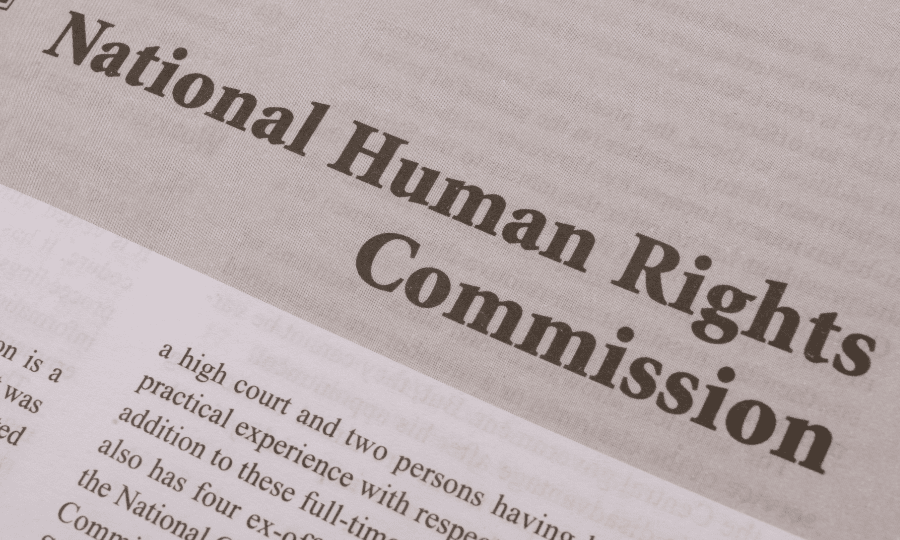NHRC’s New Member Faced Accusations of Anti-Minority Bias
Priyank Kanoongo’s Tenure at Child Rights Panel Drew Controversies
December 27, 2024
A newly appointed member of the National Human Rights Commission (NHRC), Priyank Kanoongo, had been criticised for allegedly discriminating against minority communities until months before his appointment, during his tenure as chairperson of the National Commission for Protection of Child Rights (NCPCR).
Prior to his appointment as a member of the NHRC on Dec. 23, Kanoongo served as a member of the NCPCR from 2015 to 2018, and as its chairperson from 2019 to 2024. Kanoongo, who is from Madhya Pradesh, resigned from the youth wing of the Bharatiya Janata Party (BJP) in 2015.
The NCPCR, under Kanoongo’s leadership, wrote a letter to top officials of all states and Union territories in October 2024, regarding its publication “Guardians of Faith or Oppressors of Rights: Constitutional Rights of Children vs. Madrasas,” which claimed that Madrasas violate the educational rights of children.
The Commission recommended discontinuing state funding for Madrasas and shutting down Madrasa Boards across all states and Union territories. “It has also been recommended that all non-Muslim children be taken out of Madrasas and admitted in schools for receiving fundamental education as per the RTE Act, 2009,” according to ANI.
The document also called for Muslim students attending both recognised and unrecognised Madrasas to be enrolled in formal schools in order to receive instruction that the Commission deemed more suitable.
Disputes involving the NCPCR also surfaced around charitable work of the Missionaries of Charity.
In 2020, the NCPCR filed a petition in the Supreme Court seeking a special probe into shelter homes in Jharkhand state, two years after the arrest of a nun on alleged charges related to illegal adoption practices. Christian leaders had accused the NCPCR of conducting “raids on their institutions in violation of the laid down norms” and registering complaints that they described as unsubstantiated. In September 2024, the Supreme Court dismissed the petition, as reported by UCA News. While dismissing the petition, a bench of Justices B.V. Nagarathna and Nongmeikapam Kotiswar Singh told the NCPCR, “Don’t drag the Supreme Court into your agenda.”
The Missionaries of Charity, founded by Nobel laureate Mother Teresa in 1950, operates in over 120 countries, providing education and disaster relief.
In 2021, a police complaint was filed against a shelter home of the Missionaries of Charity in Gujarat, after Kanoongo claimed that non-Christian children were being taught the Bible, according to NBC News, which noted that this development occurred around the same time the central government declared that it would not renew foreign funding permission for the charitable organisation.
NBC News mentioned that the authorities cited “adverse inputs” in refusing the renewal but declined to provide details.
Under Kanoongo’s leadership, the NCPCR shifted toward pursuits that “target religious minorities,” focusing on complaints often brought by organisations tied to Hindu nationalist causes, said a report by Scroll.in in February 2022.
In December 2021, an attack on St Joseph’s School in Madhya Pradesh was attributed to allegations of “religious conversion,” which critics said originated in part from official correspondence sent out by the NCPCR, according to Scroll.in, which said the Commission appeared to pursue cases involving Hindu nationalist groups and law enforcement in a manner that critics described as shaped by communal considerations.
Kanoongo’s approach as NCPCR chief led some to question whether the institution was fulfilling its stated mandate of safeguarding child rights, said the Scroll.in report.

